The author of Matthew mentioned the Sadducees far more frequently than did the other Gospel writers (Matt. 7xx; Mark 1x; Luke 1x),The Sadducees are mentioned in Matt. 3:7; 16:1, 6, 11, 12; 22:23, 34; Mark 12:18; Luke 20:27.
The Kingdom of God: God’s Power Among Believers

Jesus spoke of the Kingdom with the same understanding in Matthew 7:21: “Not everyone who says ‘Lord, Lord’ to me will come into the Kingdom of Heaven, but he who does the will of my Father who is in heaven.” … When Matthew 7:21 is translated back into Hebrew, one recognizes its proverbial form in which there is no real future tense.
Fish, Storms and a Boat

— wp:paragraph –>
Jesus, however, had a personal acquaintance with the life of Galilean fishermen, as can be seen from Matthew 7:9-10: “Which of you, if his son asks for bread, will give him a stone?
Jesus’ Twin Parables
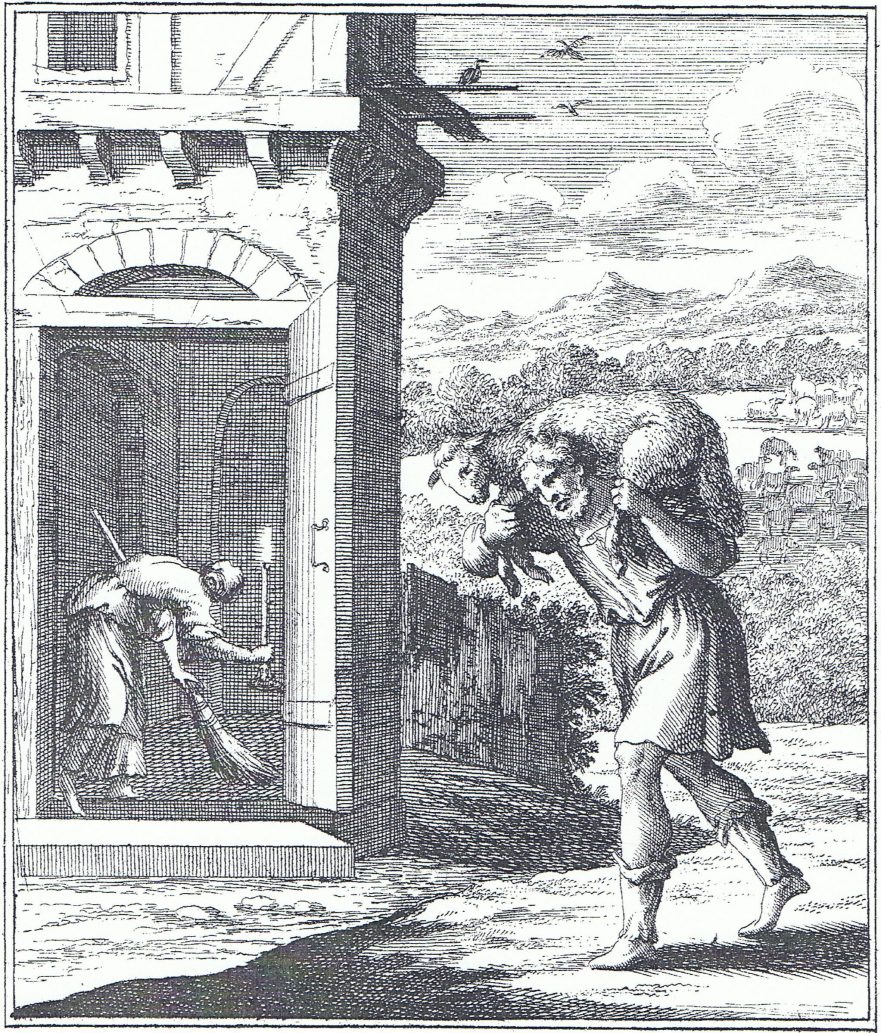
Next, we could add to this story the teaching discourse found in Matthew 7:7-11:
Ask, and it will be given you.
Jesus’ Words, Evangelist’s Contribution and Implicit Biblical Reference: The Case of Matthew 21:43-44
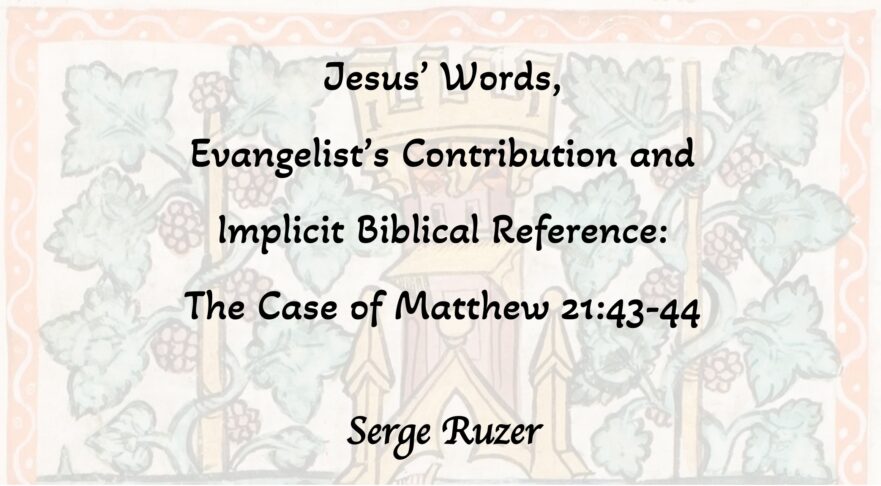
How to cite this article: Serge Ruzer, “Jesus’ Words, Evangelist’s Contribution and Implicit Biblical Reference: The Case of Matthew 21:43-44,” Jerusalem Perspective (2024) .
Let the One Who Has Ears to Hear, “Hear!”
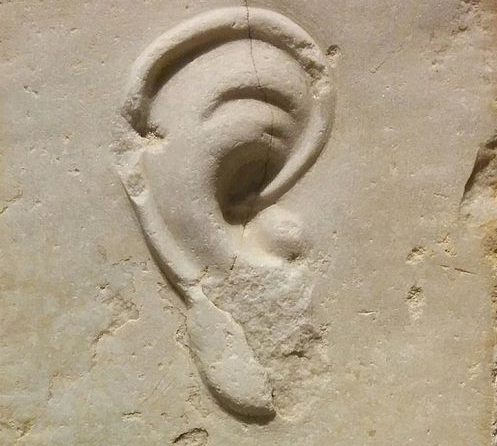
— wp:paragraph –>
While adaptation of existing parables is common in Rabbinic Judaism, Christian students are surprised to observe how closely Jesus’ parable of The House Built upon the Rock (Matt. 7:24-27; Luke 6:47-49) resembles an ancient similitude in Avot de-Rabbi Natan (Version A, chap. 24; Goldin, p. 103).
Cataloging the Gospels’ Hebraisms: Part Six (Parallelism)

JPs New Search Could Transform Your Study

Here are some examples: Matt 6:19-21 or Matt 6-9 Dwelling or Matt 6-9 NOT Dwelling To see more examples and to learn how to capitalize on this new power, we’ve created a special page.
The Good Samaritan
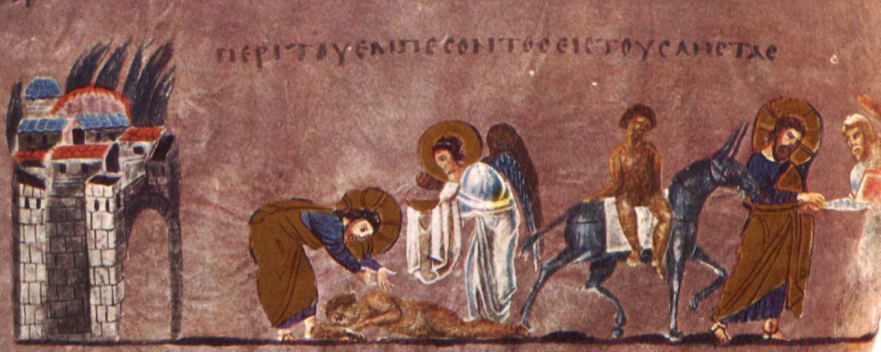
Jesus replied to the scribe that he had answered correctly, “do this and you will live” (see Matt. 7:24-27; Matt. 19:16-22; Mark 10:17-22; Luke 18:18-23).
Friend In Need Simile

— /wp:heading –> Matt. 7:7-8; Luke 11:5-10 (Huck 38, 147, 148; Aland 70, 186, 187; Crook 53, 211, 212)For abbreviations and bibliographical references, see “Introduction to ‘The Life of Yeshua: A Suggested Reconstruction.'”…
The author of Matthew omitted all but the conclusion of the Friend in Need simile, with the result that many scholars regard the “Ask, Seek and Knock” saying (Matt. 7:7-8 ∥ Luke 11:9-10) as an independent logion. … — wp:block {“ref”:18046} /–> Conjectured Stages of Transmission
The portion of Friend in Need that appears in Matthew agrees so closely with Luke’s version that Matt. 7:7-8 ∥ Luke 11:9-10 must be classified as Type 1 Double Tradition (DT). … Given the evidence that the author of Luke copied the conclusion of the Friend in Need simile (Matt. 7:7-8 ∥ Luke 11:9-10) from Anth., it follows that he copied the rest of the pericope from the same source.
LOY Excursus: The Genitive Absolute in the Synoptic Gospels
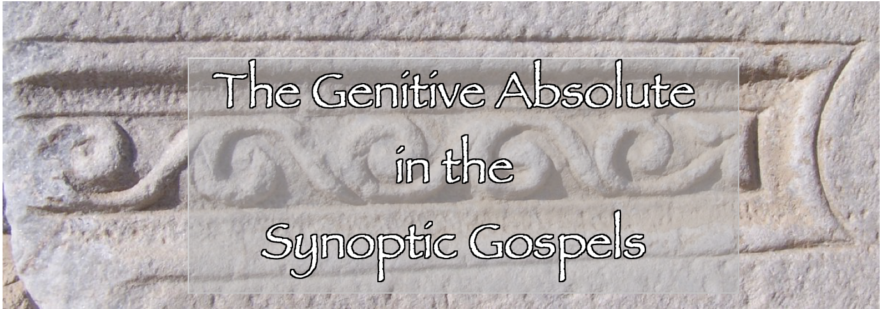
Updated: 9 November 2022For abbreviations and bibliographical references, see “Introduction to ‘The Life of Yeshua: A Suggested Reconstruction.'”
Yeshua, His Mother and Brothers

Matt. 12:46-50; Mark 3:20-21, 31-35; Luke 8:19-21 (Huck 85, 89, 104; Aland 116, 121, 135; Crook 135, 143, 157)For abbreviations and bibliographical references, see “Introduction to ‘The Life of Yeshua: A Suggested Reconstruction.'” Updated: 24 January 2024
עוֹדֶנּוּ מְדַבֵּר עִם הָאֻכְלוּסִים וְהִנֵּה אִמּוֹ וְאֶחָיו עוֹמְדִים בַּחוּץ מְבַקְּשִׁים לְדַבֵּר עִמּוֹ וַיֹּאמְרוּ לוֹ הֲרֵי אִמְּךָ וְאַחֶיךָ עוֹמְדִים בַּחוּץ מְבַקְּשִׁים לְדַבֵּר עִמְּךָ וַיַּעַן וַיֹּאמֶר לָהֶם אִמִּי וְאַחַי הֲרֵי אֵלּוּ הַשּׁוֹמְעִים אֶת דְּבַר אֱלֹהִים וְעוֹשִׂים
Yeshua was still addressing the crowds when his mother and brothers arrived. They stood outside hoping to speak with him. So Yeshua was told, “Your mother and brothers are standing outside hoping to speak with you.”
In response to this Yeshua said, “My mother and brothers are excellent examples of the seed that fell on good soil!
“And” or “In order to” Remarry
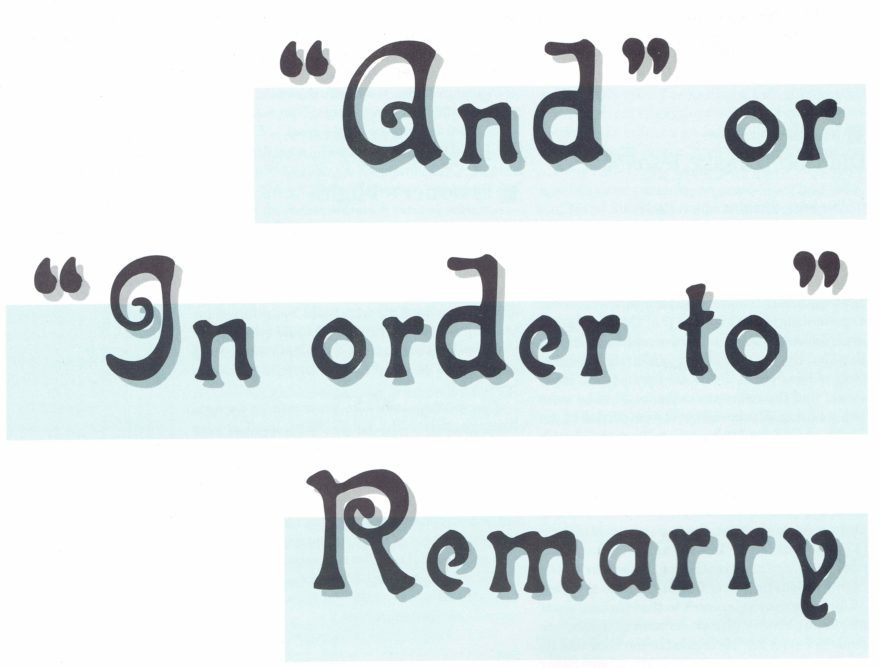
Revised: 4-Sep-2012
In the whole of Luke’s gospel, there is just one context in which the verbs “divorce” and “marry” appear together. That passage—only one verse—ought to contribute to a correct understanding of Jesus’ attitude toward divorce and remarriage; however, there exists no scholarly consensus on the passage’s meaning.
Jesus’ Jewish Command to Love
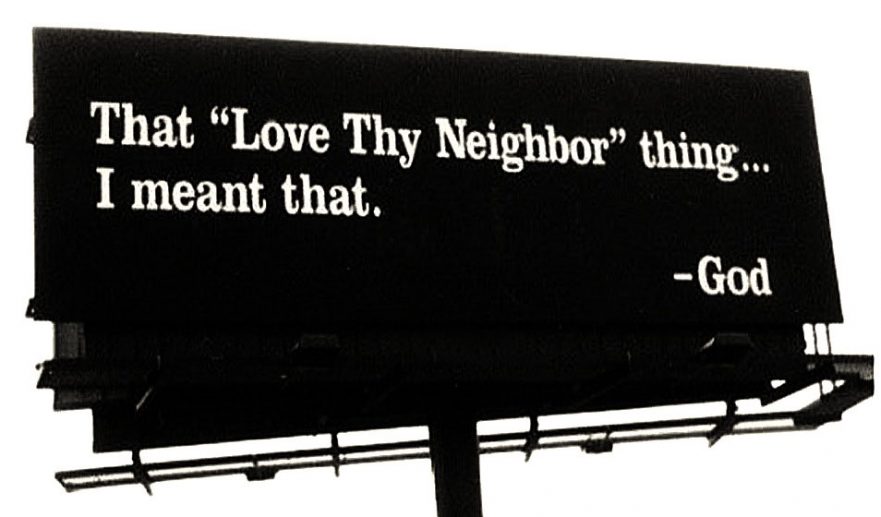
Otherwise, “with the judgment you pronounce you will be judged, and the measure you give will be the measure you get” (Matt. 7:2).
The Theological Significance of the Parable in Rabbinic Literature and the New Testament

When he was alone, the Twelve and others who were around him questioned him about the parables. He replied, “To you the secret of the kingdom of God has been given; but to those who are outside, everything comes by way of parables, so that (as Scripture says) they may look and look, but see nothing; they may hear and hear, but understand nothing; otherwise they might turn to God and be forgiven.”
(Mark 4:10-12; NEB)
Cataloging the Gospels’ Hebraisms: Part Two (Luke 9:51-56)

This variation occurs twice in Mark (Mark 1:9; 4:4); 5 times in Matthew (Matt. 7:28; 11:1; 13:53; 19:1; 26:1); 22 times in Luke (Luke 1:8, 23, 41, 59; 2:1, 6, 15, 46; 7:11; 9:18, 28, 33, 37; 11:1, 14, 27; 17:14; 19:29; 20:1; 24:30; 24:51). 2) subjectless ἐγένετο + time phrase (as here, in Luke 9:51: “when the days were fulfilled”) + kai (and) + finite verb (as here, in Luke 9:51: “he set”).
The Lord’s Prayer 2: “Our Father Who Art in Heaven”

But Matthew’s version has the Jewish idiom that probably is the one Jesus used: “…your father who is in heaven…” (Matt. 7:11).


